
Victor Ieronim Stoichita, the current head of the Department of History of Art at Fribourg University in Switzerland, was trained in Bucharest, where he achieved his professional maturity, and then became well known in France and Germany.
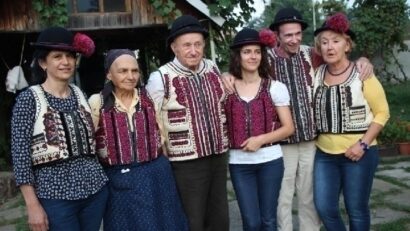
RRI and the Village Antenna awarded three of their faithful listeners with a weeks vacation in Transylvania.

E-sight is a digital education and social integration project for visually impaired children using the latest technology.
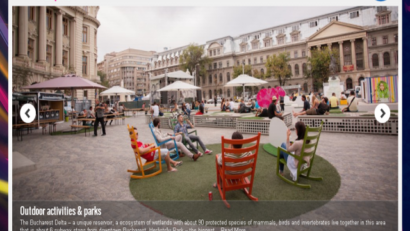
Bucharest Greeters is an informal organization through which anyone can be a guide or can register on the site as a tourist, provided they have time on their hands and are willing to do that.

Nicolae Daicu, president of the Fine Artists' Union in Brasov, believes in the educational value of art.
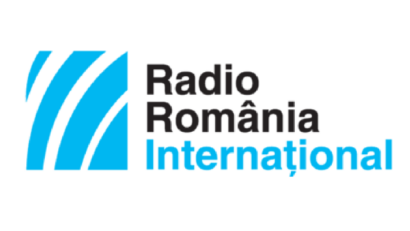
In mid 19th century, when the Romanian principalities of Wallachia and Moldavia were undergoing a modernisation process, they were lacking most institutions associated with the modern world, institutions which were first set up in Western Europe.
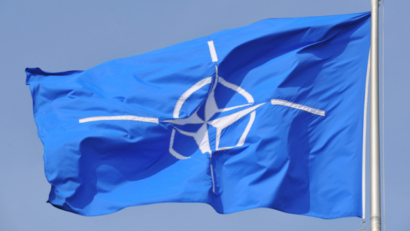
A member of the North Atlantic Treaty Organisation since 2004 and of the European Union since 2007, Romania is preparing to play host, in the month of November, to a regional summit on strengthening the eastern border of the two organisations

Transylvanias rural places have always been an object of fascination for Romanian and foreign tourists alike.

Dana and Ionut Georgescu, the initiators of the Paper Mill project in the village of Comana, recycle scrap paper and turn it into organic paper.

The first major genocide of the century was perpetrated by the Ottoman Empire against the Armenians.
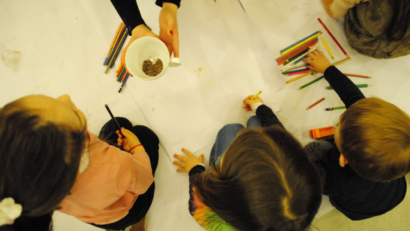
The “But Why Association encourages children to take an interest in art.

The ensemble of mills in the Rudaria Gorges is the largest complex of its kind in south-eastern Europe.
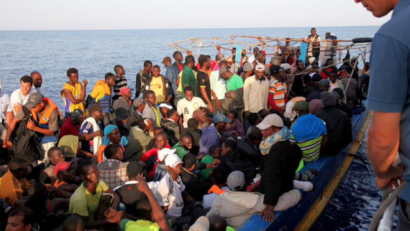
Europe “will never turn away those who need protection, said the European Comission First Vice-President Frans Timmermans.
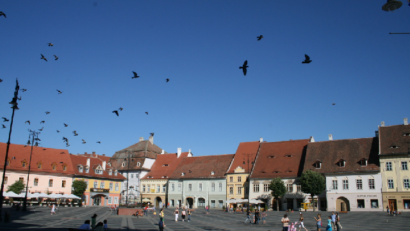
This program is devoted to RRIs ongoing contest “Home with Mother Rutas Spindle, our destination being Sibiu, in central Romania, the perfect vacation spot for the whole family.

Today well tell you about the volunteer challenge in Romania.
